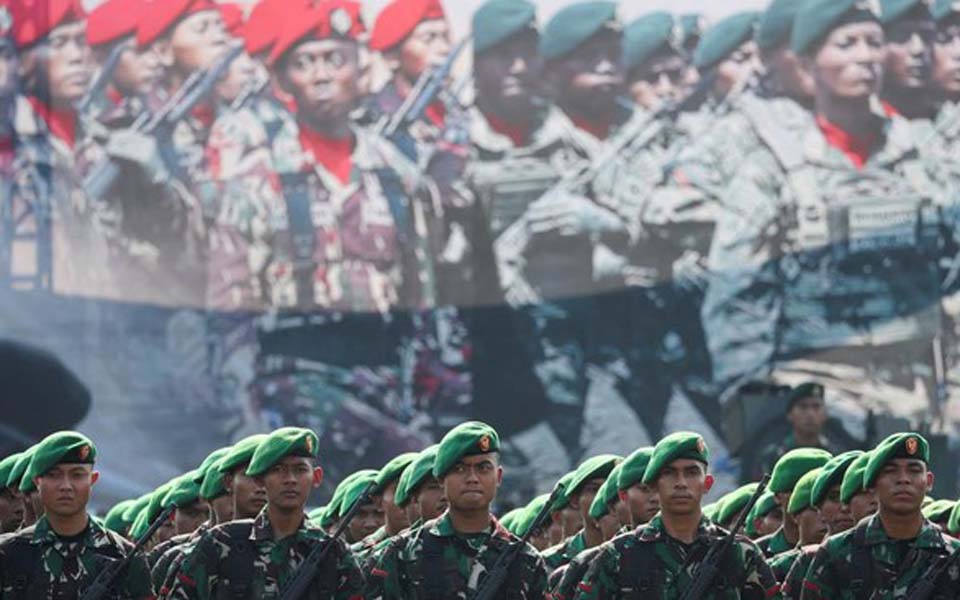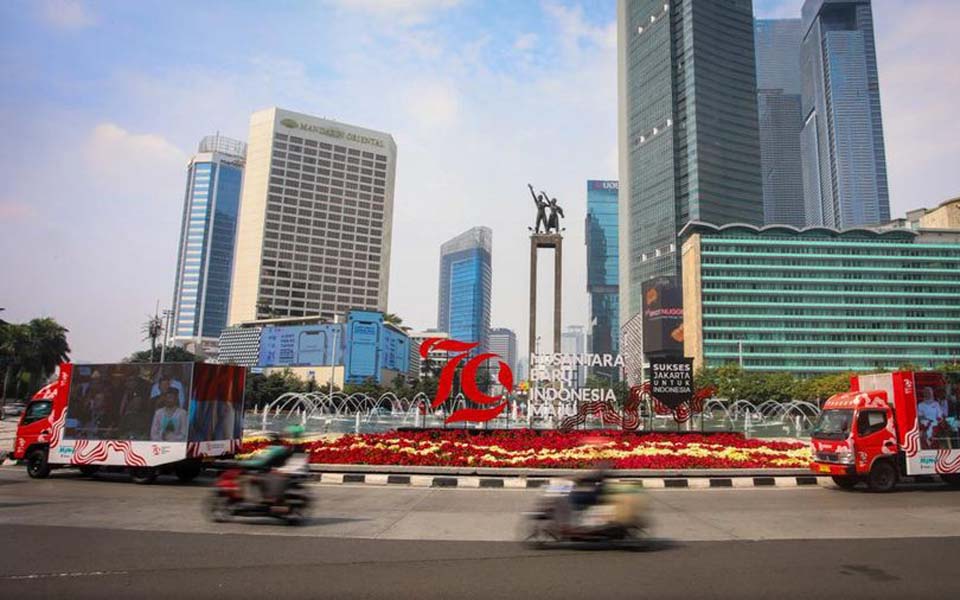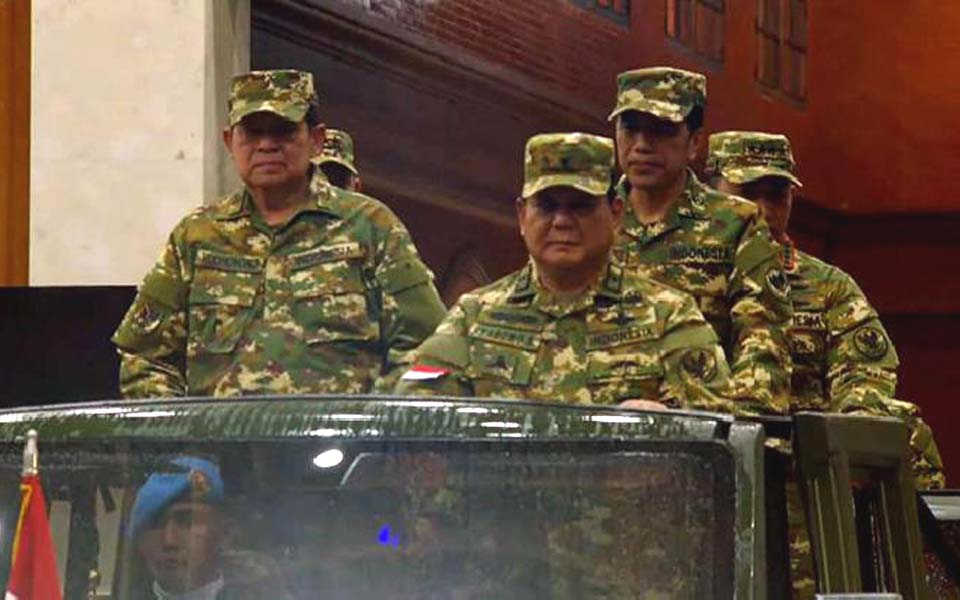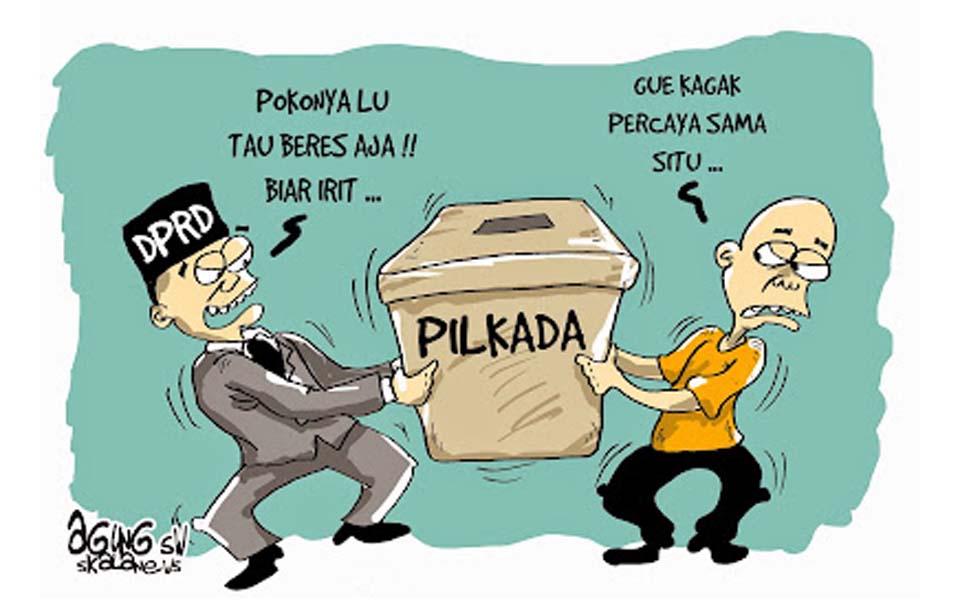Jakarta – The results of a survey by the Indonesian Survey Circle (LSI) predict that the Islamic based political parties will record a historically low vote in the 2024 legislative and presidential elections.
The LSI said that the Islamic parties referred to are those based on two things, namely public perception and the views of experts.
Based on the public perception, the Islamic parties are the Justice and Prosperity Party (PKS), the National Awakening Party (PKB), the National Mandate Party (PAN), the United Development Party (PPP), the Star Crescent Party (PBB), the Ummat Party and the Indonesian People's Wave Party (Gelora).
"In the 2024 elections, support for the Islamic based parties as a whole could potentially decline. The support for the Islamic based parties could even be potentially the smallest in the history of free elections in Indonesia", read an LSI press release on Friday March 18.
The LSI revealed several reasons why the Islamic parties have never become champions in the history of elections in Indonesia. First, the depoliticisation of Islam under the New Order regime of former president Suharto through enforcing the principle of the sole state ideology of Pancasila.
Second, the Islamic parties are seen as not making many innovations since reformasi – the political reform process that began in 1998. Third, the Islamic parties do not have any strong figures to put forward to contest the presidential elections.
"Whereas a strong presidential candidate will attract strong [support] for the party also. Since the first direct presidential elections in 2004, there has not been a strong presidential candidate with a religious background. Even [prominent Islamic leader] Amien Rais in 2004, was ignored in the first round".
Political party electability
Meanwhile in an LSI release on the electability of the political parties, there is no Islamic party in the top three parties with the highest electability of more than 10 percent.
The top three ranking parties are the ruling Indonesian Democratic Party of Struggle (PDI-P), the Golkar Party and the Greater Indonesia Movement Party (Gerindra).
Among the four middle-ranking political parties with an electability of 4-10 percent there are two Islamic parties. The PKB with an electability of 8 percent and the PKS with 4.9 percent.
At the lower-level with an electability of 1-3 percent there are three parties, two of which are Islamic parties, namely the PPP with 2.1 percent and PAN with 1.9 percent.
The remaining three Islamic parties are at the bottom with an electability level of under 1 percent, namely the PBB, the Ummat Party and the Gelora Party.
The LSI survey was held on January 4-15 in 34 provinces throughout Indonesia using a multi-stage random sampling method involving 1,200 respondents through face-to-face questioners. The survey had a 2.9 percent margin of error. (thr/pmg)
[Translated by James Balowski. No level of confidence was cited in the article. The original title of the article was "LSI Prediksi Partai Islam Catat Sejarah Elektoral Paling Buruk di 2024".]















